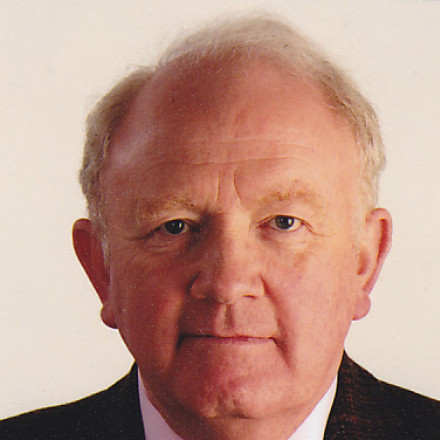The Eighth Amendment – a short history
The Citizens’ Assembly, by the time it reports to the Oireachtas, ideally in June 2017, will have tackled one of the most fractious problems to have bedevilled Irish society and politics in the last 34 years. It has to consider a set of interlocking issues beginning with the fundamental question as to when human life begins. It must balance the strict ban on abortion, modified by the Protection of Life during Pregnancy Act (2013) with the knowledge that several thousand Irish women (3,451 in 2015) seek abortions annually in Britain.
The Citizens’ Assembly, by the time it reports to the Oireachtas, ideally in June 2017, will have tackled one of the most fractious problems to have bedevilled Irish society and politics in the last 34 years. It has to consider a set of interlocking issues beginning with the fundamental question as to when human life begins. It must balance the strict ban on abortion, modified by the Protection of Life during Pregnancy Act (2013) with the knowledge that several thousand Irish women (3,451 in 2015) seek abortions annually in Britain. If the Assembly accepts that at some point the foetus is to be considered a human person, then under what circumstances may we step in to put an end to that life? These discussions take place as public attitudes, reflected in opinion polls and elsewhere, are becoming noticeably less rigorous. The Irish Times/Ipsos MRBI poll last October (2016) showed: 18% “I do not agree with repealing the Eighth Amendment.” 55% “I believe the Eighth Amendment should be repealed to allow for limited abortion in cases of rape and fatal foetal abnormality.” 19% “I believe the Eighth Amendment should be repealed to allow for abortion in all cases as requested, as in the UK.” Ideology and debate Little love is lost between the Pro-Life Campaign (PLC) and the mainstream, mostly liberal, media in Ireland. That may be because some media hesitate to cover Campaign events for fear of appearing to support their efforts to defend the Eighth Amendment. The Pro- Life Campaign meanwhile routinely savages the media, particularly The Irish Times and RTÉ, for their “bias and groupthink”. Campaign members see the Amendment as uniquely theirs, since it was they who persuaded leading politicians to hold the referendum in 1983, and then won the campaign to get it passed. The Pro-Life Amendment Campaign (PLAC) was launched on 27th April 1981, during a period of intense political tension between the Charles Haughey-led Fianna Fáil Government, and the opposition under Garret FitzGerald and Dick Spring. Within three days of its formation in 1981, PLAC extracted promises from Haughey and FitzGerald to hold a referendum to enshrine in the Irish Constitution an absolute ban on abortion in every circumstance. Spring and the Labour Party demurred. The referendum was passed three and a half years later, on 7th September 1983. Now the PLC, a re-constitution of the 1981 PLAC group, claims that some 100,000 lives have been saved as a result. The claim is made on the PLC website www.prolifecampaign.ie and was articulated at its Annual National Conference on 8th October 2016. The origins of PLAC PLAC was the one of the most significant grassroots movements to appear in Ireland since independence. It was led by a number of professional middle-class Roman Catholics, members of the Irish branch of a group called The Responsible Society. They believed that Irish politicians could not be trusted to uphold the law with respect to family planning. Further, they believed that Government, through policies such as the removal of the status of illegitimacy, would “weaken the family unit founded on marriage, which is the cornerstone of society”.* Full article available in printed copies.

Paul Loughlin
was formerly an RTÉ Television producer, working chie y on documentary and current a airs programmes.